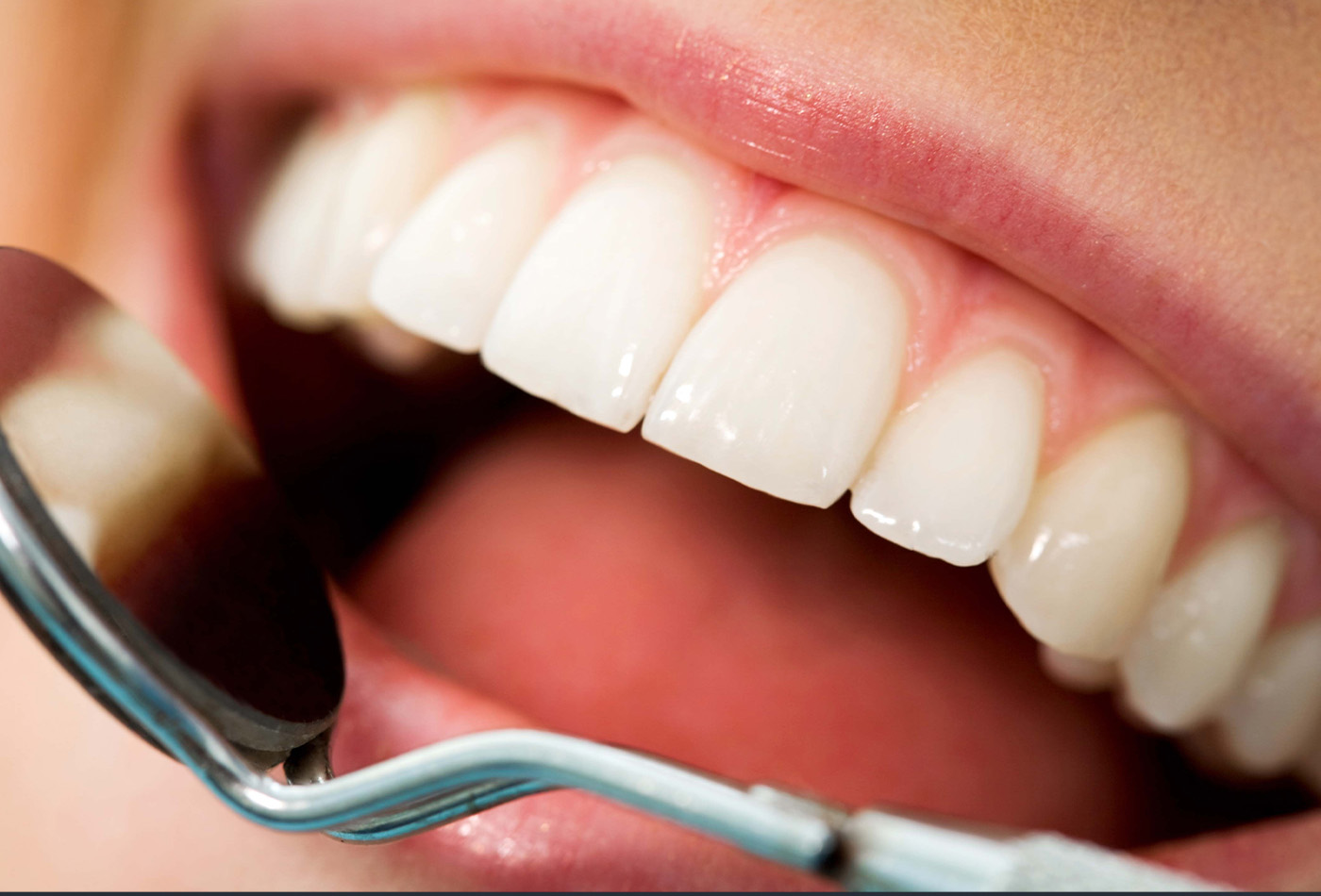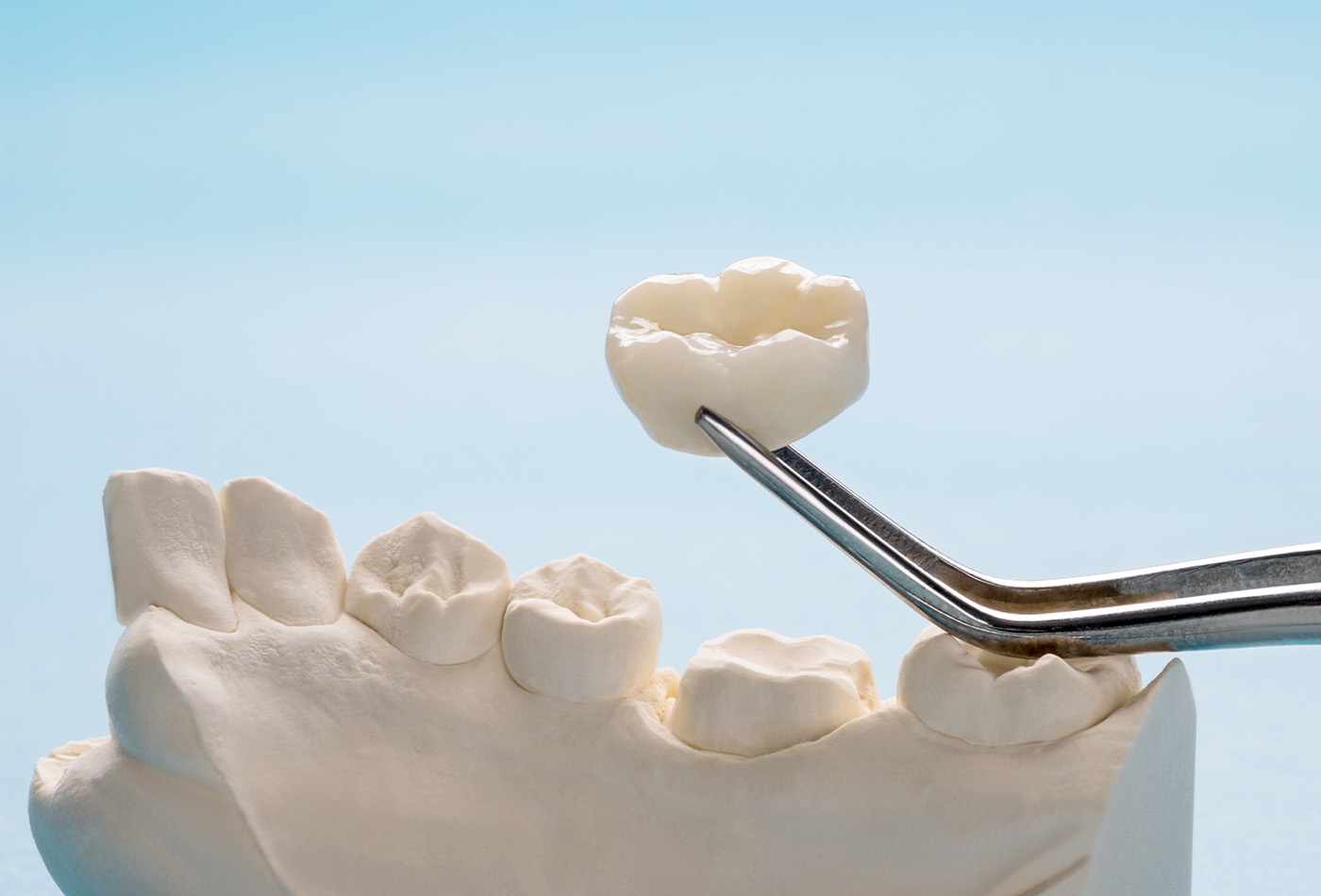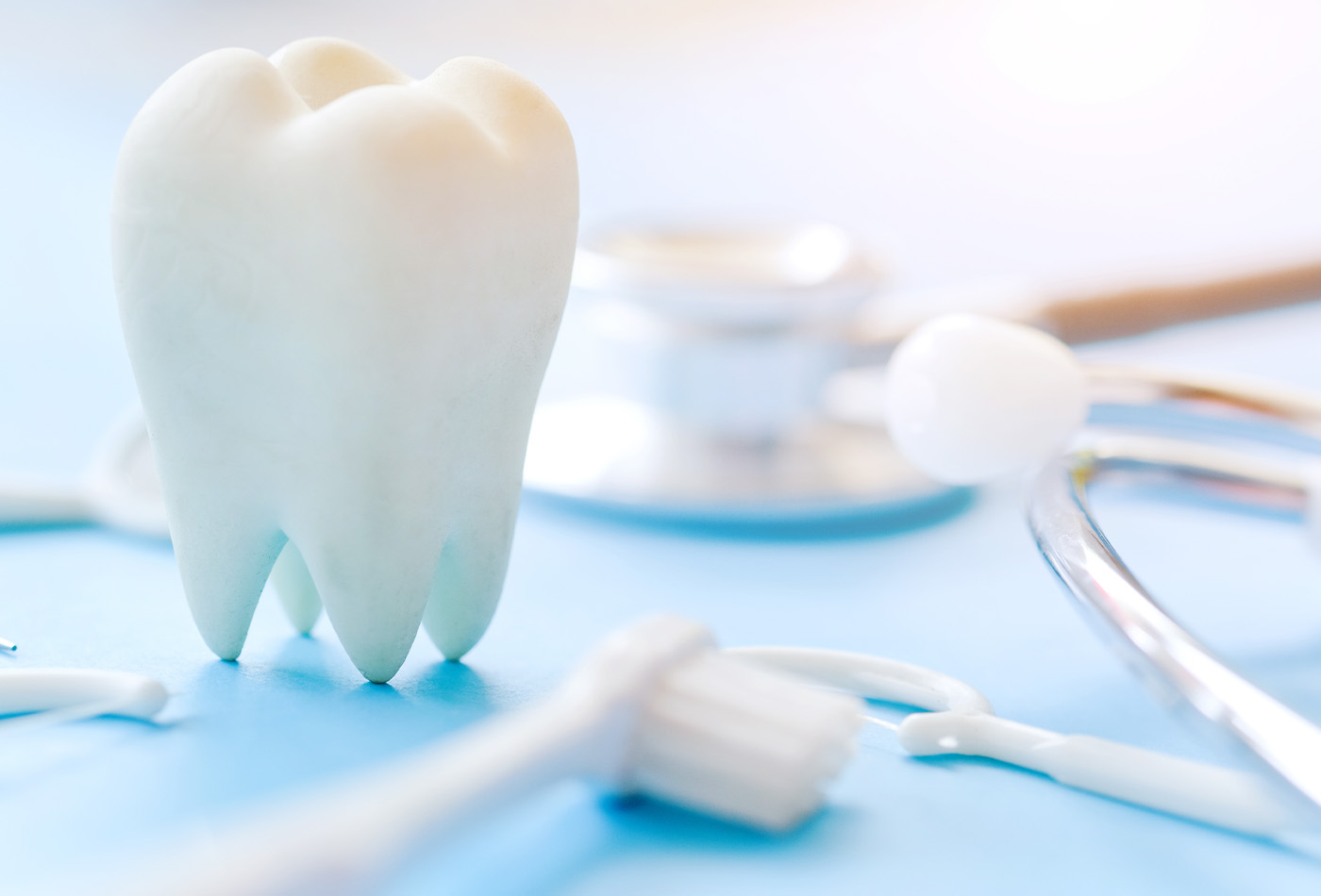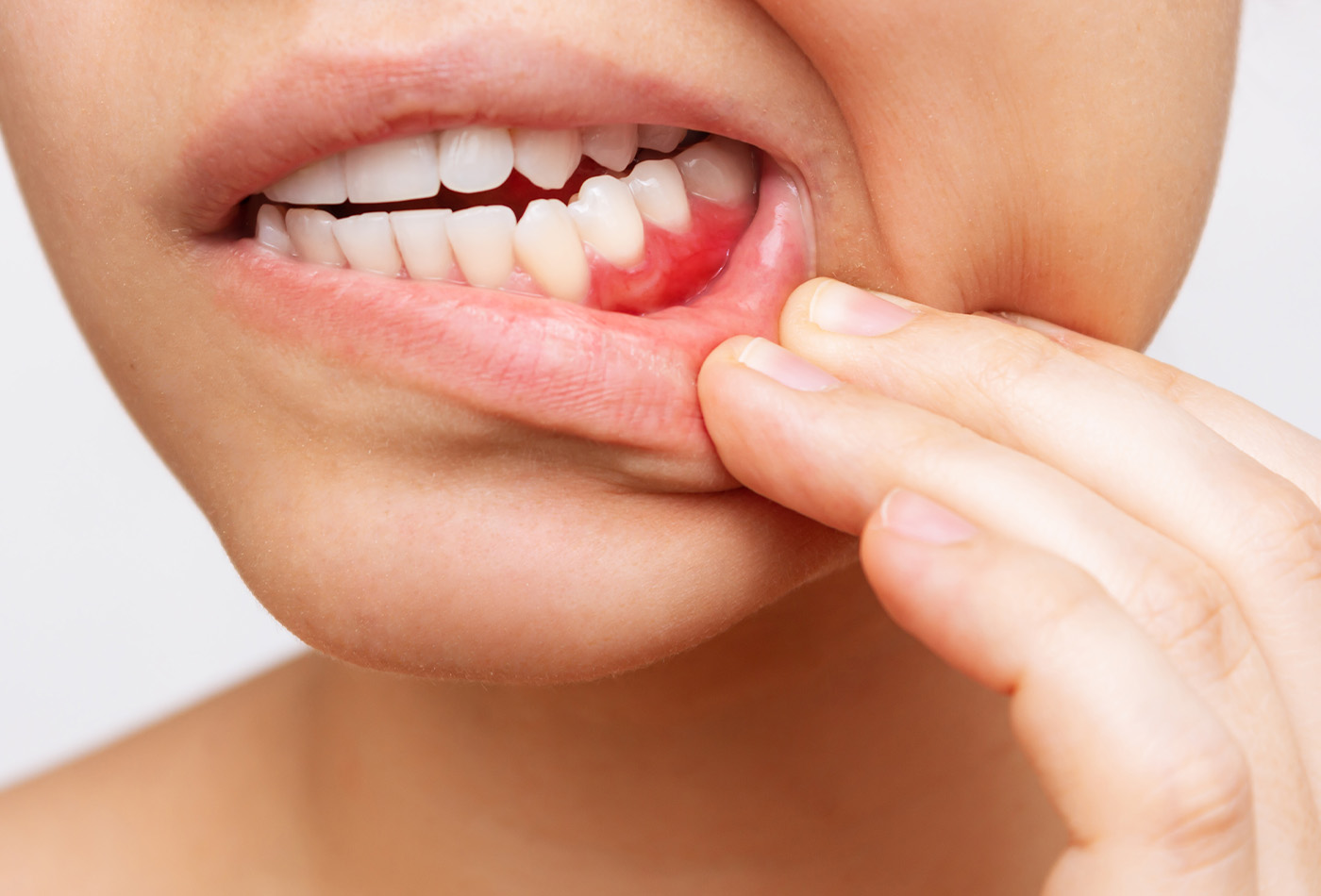Apart from the name of a well-known and delicious condiment, “tartar” can also refer to a serious dental problem that is more common than one might think. If your teeth are not as white as they used to be or if you experience bad breaths, chances are you probably have tartar buildup. Continue reading to learn about tartar removal methods, as well as prevention tips to help save your smile.
What is Tartar?
When one does not brush and floss on a regular basis, a sticky film of bacteria known as plaque forms on the teeth. Tartar, also known as dental calculus, is a hardened deposit that forms on the teeth when that plaque is left to accumulate over time.
Tartar is often yellow or brown in color and, if left untreated, can cause a variety of dental problems like tooth decay and gum disease.
Different Methods of Tartar Removal
There are different methods that can be used, depending on the severity of the tartar buildup.
Professional Dental Cleaning
The most common method of removing tartar buildup is professional dental cleaning, also known as prophylaxis, where a dental hygienist will use special tools to remove tartar from your teeth.
Scaling and Root Planning
This is a more intensive procedure that involves a thorough cleaning of the teeth and gums and may require local anesthesia.
Home Remedies
There are also some home remedies for tartar removal that you can easily find on the Internet, from using baking soda and gargling vinegar to even munching sesame seeds.
These methods, however, are not as effective as professional cleaning. If not done correctly, they may even harm your teeth and gums.
Prevention Tips to Reduce The Need for Tartar Removal
It’s nice to save money on tartar removal appointments, but it’s even nicer not to have to go to those appointments.
Here are some pointers to help you avoid the need for tartar removal:
- Brush your teeth twice a day with fluoride toothpaste
- Daily flossing to eliminate plaque buildup between teeth
- Use an antiseptic mouthwash to kill bacteria
- Avoid sugary and acidic foods and beverages
- Quit smoking or using tobacco products
Conclusion
If left untreated, tartar buildup can cause serious dental problems and harm your public image. Understanding prevention tips for tartar buildup can help you keep a good appearance and improve your oral health.
However, a visit to a reputable dental clinic for tartar prevention advice or to have your tartar problems removed is still highly recommended. If you are currently living in the Big Apple, then the NYC Dental Smile Team is the place to be!
Our experienced team of doctors with years of practical experience is pleased to offer professional tartar removal and other dental services, as we believe that “the power of a healthy smile is a joyful thing.”
Click here to make an appointment today!
Or you can contact us using one of these other means:
- Call Us: 212.685.5133 or 212.421.5445
- Contact Us by Submitting This Contact Form
Source
What to Know About Tartar Removal. (n.d.). What to Know About Tartar Removal. https://www.healthline.com/health/tartar-removal
How often should tartar be removed? (n.d.). How Often Should Tartar Be Removed? | Vinmec. https://www.vinmec.com/en/news/health-news/general-health-check/how-often-should-tartar-be-removed/
Pusa, P. (2019, November 8). Tartar Removal | Dental Hygienist Q&A | Hygga Helsinki. Hygga. https://hygga.fi/en/2019/tartar-removal-questions/

 BOOK AN APPOINTMENT
BOOK AN APPOINTMENT 




